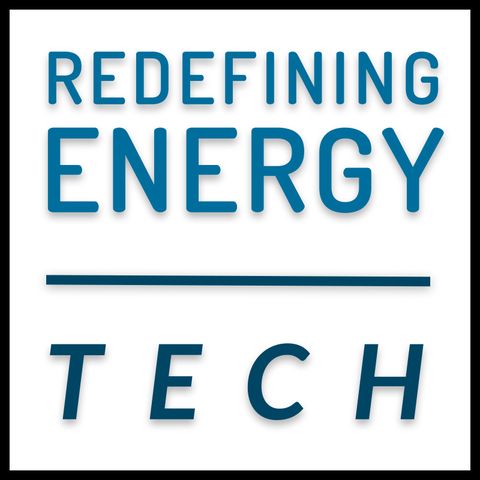37. Methane crisis unveiled… and how to fix it (1/2)

Descarga y escucha en cualquier lugar
Descarga tus episodios favoritos y disfrútalos, ¡dondequiera que estés! Regístrate o inicia sesión ahora para acceder a la escucha sin conexión.
Descripción
Rob Jackson, Chair of the Global Carbon Project and Senior Fellow at the Woods Institute, dives into a critical discussion on methane emissions and their impact on climate change. In...
mostra másJackson raises concerns about methane emissions, particularly in household appliances like gas stoves. These appliances not only leak methane but also release other harmful pollutants, such as nitrogen dioxide and benzene, which pose significant health risks to vulnerable populations, including children and the elderly. He also discusses the widespread leakage that occurs throughout the natural gas supply chain, challenging the perception of natural gas as a clean energy source.
The conversation shifts to the challenges of detecting methane emissions, particularly from oil and gas operations. Jackson highlights advancements in technology, such as satellites, drones, and helicopters, which are used to identify methane super-emitters —large, concentrated leaks of methane. However, pinpointing smaller leaks remains difficult. These advancements, though promising, still face limitations, particularly when it comes to smaller-scale emissions from agriculture or subtle leaks in oil fields.
Jackson stresses the need for a comprehensive approach to methane detection. He calls for integrating multiple types of sensors at different scales to address the full scope of emissions. Despite the improvements in technology, methane emissions from various industries continue to be underestimated. The International Council on Clean Transportation's (ICCT) FUMES project, which found higher-than-expected methane emissions from liquefied natural gas (LNG) ships, and Shell's own internal discoveries of methane leaks from its operations, were part of the discussions.
The episode concludes with a call to action, as Jackson emphasizes the necessity of reducing methane emissions by enhancing detection methods and accelerating the transition away from fossil fuels. He advocates for a multifaceted strategy to address climate change, one that considers not just methane but also the broader implications of fossil fuel reliance.
Información
| Autor | Laurent Segalen + Gerard Reid |
| Organización | Laurent Segalen + Gerard Reid |
| Página web | www.redefining-energy.com |
| Etiquetas |
Copyright 2024 - Spreaker Inc. an iHeartMedia Company
